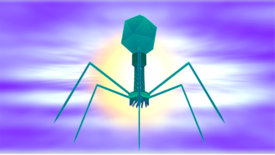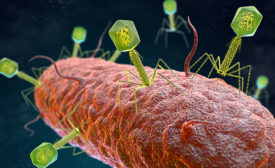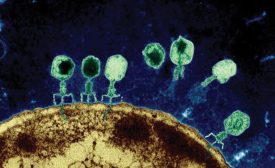Home » Keywords: » bacteriophage
Items Tagged with 'bacteriophage'
ARTICLES
Tech | Processing
Battle versus bacteria heats up
Bacteriophages are providing more firepower for meat and poultry processors in the battle against microbials.
September 3, 2020
Never miss the latest news and trends driving the food safety industry
eNewsletter | Website | eMagazine
JOIN TODAY!Copyright ©2025. All Rights Reserved BNP Media.
Design, CMS, Hosting & Web Development :: ePublishing








